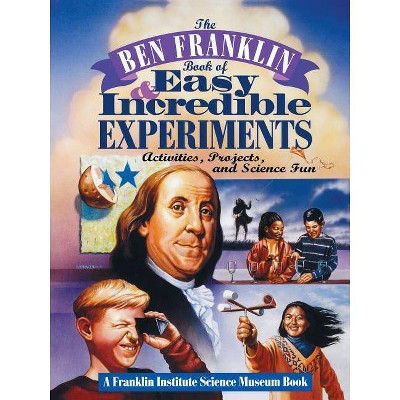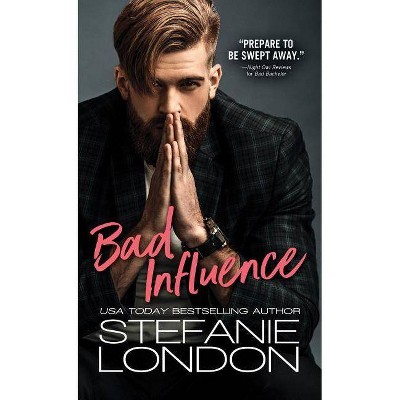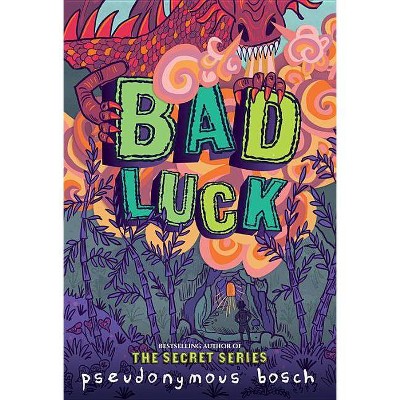Bad Science - by Ben Goldacre (Paperback)
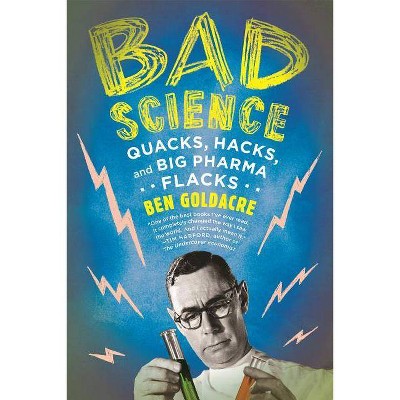
Similar Products
Products of same category from the store
AllProduct info
<p/><br></br><p><b> About the Book </b></p></br></br>Taking aim at quack doctors and nutritionists, bogus credentialing programs, and biased scientific studies, Goldacre takes on America and its bad science, in this revised version of his runaway UK bestseller.<p/><br></br><p><b> Book Synopsis </b></p></br></br><p>Have you ever wondered how one day the media can assert that alcohol is bad for us and the next unashamedly run a story touting the benefits of daily alcohol consumption? Or how a drug that is pulled off the market for causing heart attacks ever got approved in the first place? How can average readers, who aren't medical doctors or Ph.D.s in biochemistry, tell what they should be paying attention to and what's, well, just more bullshit? <p/>Ben Goldacre has made a point of exposing quack doctors and nutritionists, bogus credentialing programs, and biased scientific studies. He has also taken the media to task for its willingness to throw facts and proof out the window. But he's not here just to tell you what's wrong. Goldacre is here to teach you how to evaluate placebo effects, double-blind studies, and sample sizes, so that you can recognize bad science when you see it. You're about to feel a whole lot better.</p><p/><br></br><p><b> Review Quotes </b></p></br></br><br><p>"Ben Goldacre is exasperated . . . He is irked, vexed, bugged, ticked off at sometimes inadvertent (because of stupidity) but more often deliberate deceptions perpetrated in the name of science. And he wants you, the reader, to share his feelings . . . There's more here than just debunking nonsense. The appearance of 'scienceiness': the diagrams and graphs, the experiments (where exactly was that study published?) that prove their efficacy are all superficially plausible, with enough of a hassle barrier to deter a closer look. Dr. Goldacre (a very boyish-looking 36-year-old British physician and author of the popular weekly <i>Bad Science</i> column in <i>The Guardian</i>) shows us why that closer look is necessary and how to do it . . . You'll get a good grounding in the importance of evidence-based medicine . . . You'll learn how to weigh the results of competing trials using a funnel plot, the value of meta-analysis and the Cochrane Collaboration. He points out common methodological flaws . . . 'Studies show' is not good enough, he writes: 'The plural of anecdote is not data.'" --<i>Katherine Bouton, The New York Times</i> <p/>"British physician and journalist Ben Goldacre takes aim at quack doctors, pharmaceutical companies and poorly designed studies in extraordinary fashion in <i>Bad Science</i>. He particularly loathes (most) nutritionists, especially Scottish TV personality Gillian McKeith. To prove that her American Association of Nutritional Consultants membership isn't so impressive, Goldacre describes registering his dead cat Hettie for the same credentials online. Goldacre shines in a chapter about bad scientific studies by writing it from the perspective of a make-believe big pharma researcher who needs to bring a mediocre new drug to market. He explains exactly how to skew the data to show a positive result. 'I'm so good at this I scare myself, ' he writes. 'Comes from reading too many rubbish trials.'" --<i>Rachel Saslow, The Washington Post</i> <p/>"Ben Goldacre, a British physician and author, has written a very funny and biting book critiquing what he calls Bad Science.'' Under this heading he includes homeopathy, cosmetics manufacturers whose claims about their products defy plausibility, proponents of miracle vitamins, and drug companies and physicians who design faulty studies and manipulate the results . . . While it is a very entertaining book, it also provides important insight into the horrifying outcomes that can result when willful anti-intellectualism is allowed equal footing with scientific methodology." --<i>Dennis Rosen, The Boston Globe</i> <p/>"I hereby make the heretical argument that it is time to stop cramming kids' heads with the Krebs cycle, Ohm's law, and the myriad other facts that constitute today's science curricula. Instead, what we need to teach is the ability to detect Bad Science--BS, if you will. The reason we do science in the first place is so that 'our own atomized experiences and prejudices' don't mislead us, as Ben Goldacre of the London School of Hygiene and Tropical Medicine puts it in his new book, <i>Bad Science: Quacks, Hacks, and Big Pharma Flacks</i>. Understanding what counts as evidence should therefore trump memorizing the structural formulas for alkanes." --<i>Sharon Begley, Newsweek.com</i> <p/>"Dr. Ben Goldacre's UK bestseller <i>Bad Science: Quacks, Hacks, and Big Pharma Flacks</i> is finally in print in the USA, and Americans are lucky to have it. Goldacre writes a terrific <i>Guardian</i> column analyzing (and debunking) popular science reporting, and has been a star in the effort to set the record straight on woowoo 'nutritionists, ' doctors who claim that AIDS can be cured with vitamns, and vaccination/autism scares. <i>Bad Science </i>is more than just a debunking expose (though its that): it's a toolkit for critical thinking, a primer on statistics and valid study design, a guide to meta-analysis and other tools for uncovering and understanding truth . . . The book should be required reading for everyone who cares about health, science, and public policy." --<i>BoingBoing.net</i> <p/>"One of the best books I've ever read. It completely changed the way I saw the world. And I actually mean it." --<i>Tim Harford, author of The Undercover Economist</i> <p/>"Ben Goldacre lucidly, and irreverently, debunks a frightening amount of pseudoscience, from cosmetics to dietary supplements to alternative medicine. If you want to read one book to become a better-informed consumer and citizen, read <i>Bad Science</i>." --<i>Sandeep Jauhar, author of Intern</i> <p/>"This is a much-needed book. Ben Goldacre shows us--with hysterical wit--how to separate the scam artists from real science. In a world of misinformation, this is a rare gem." --<i>Timothy Ferriss, author of The 4-Hour Workweek</i> <p/>"Smart, funny, clear, unflinching: Ben Goldacre is my hero. <i>Bad Science </i>should be kicking up the dust on every high school science curriculum in America. " --<i>Mary Roach, author of Stiff, Spook, and Bonk</i> <p/>"Ben Goldacre uses a brilliant mix of science and wit to challenge and investigate alternative therapists and the big pharmaceutical corporations. <i>Bad Science </i>is an invaluable tool for anybody who wants to protect themselves from the snake-oil salesmen of the twenty-first century. " --<i>Simon Singh, author of Big Bang and Fermat's Last Theorem</i></p><br><p/><br></br><p><b> About the Author </b></p></br></br><p><b>Ben Goldacre</b> is a writer, broadcaster, and doctor best known for the Bad Science column in <i>The Guardian</i>. Trained in Oxford and London, with brief forays into academia, Goldacre works full-time for the National Health Service.</p>
Price History
Cheapest price in the interval: 14.79 on November 6, 2021
Most expensive price in the interval: 16.69 on March 10, 2021
Price Archive shows prices from various stores, lets you see history and find the cheapest. There is no actual sale on the website. For all support, inquiry and suggestion messagescommunication@pricearchive.us
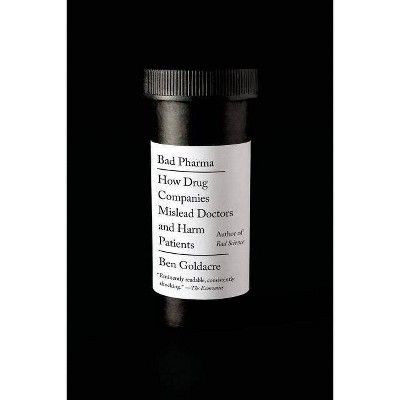
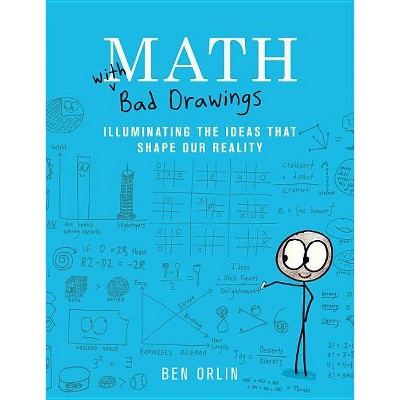
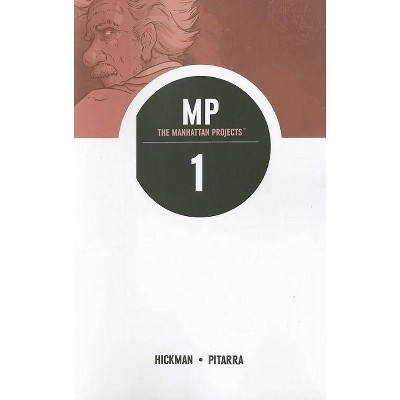
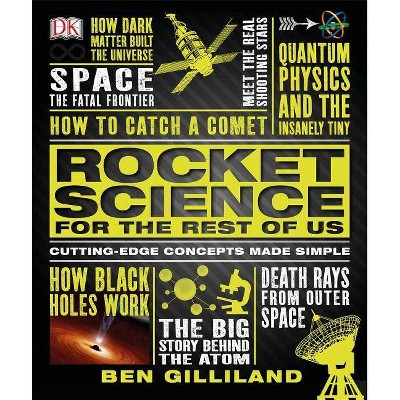
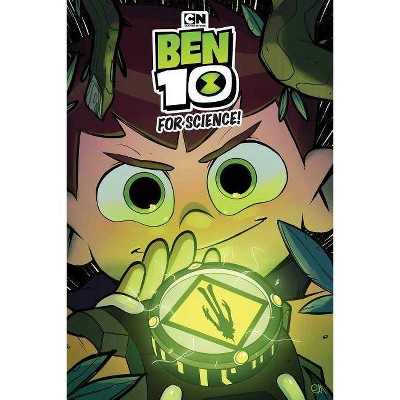
![Bad Bad Bad [LP] - VINYL](https://pisces.bbystatic.com/image2/BestBuy_US/images/products/3505/35052227_so.jpg)
